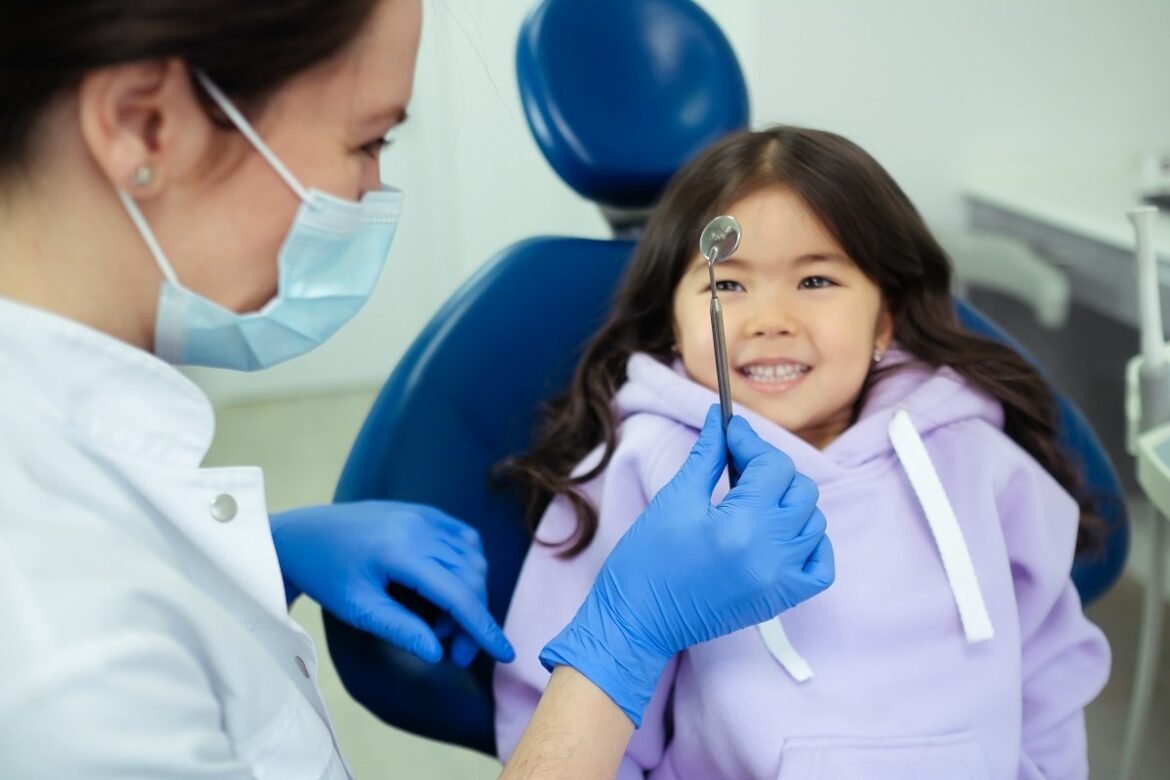Dental care is essential at any age, but it is especially critical for children and teenagers. When a child reaches the age of adolescence, they are more likely to consume unhealthy snacks that can harm their teeth. It is critical to consider dental Care because neglecting dental care can result in cavities, gum disease, and other serious health issues.
5 Dental Care Tips for Kids and Teenagers
1. Schedule Regular Dental Checkups And Cleanings
Teens are more prone to cavities and other dental problems, so it’s critical to schedule regular checkups and cleanings. Because their mouths are still growing and changing, they are at a higher risk of developing cavities and other dental issues. As a parent, you must ensure that your child sees an orthodontist in New York, or your local area as soon as their first tooth erupts, which usually occurs around the age of one and should continue until their teenage years.
Furthermore, to maintain good dental hygiene and catch any potential issues before they become serious issues, children and teenagers should visit the dentist every six months for a checkup and cleaning. A dental hygienist’s cleaning should happen at least once a year and more if the teen has tooth issues.
2. Kids Should Brush Their Teeth Twice A Day
An important rule of thumb for dental care is to brush teeth twice a day with fluoride toothpaste. Brushing your teeth twice a day not only helps the mouth maintain good oral hygiene but also reduces cavities and other dental difficulties. The American Dental Association recommends brushing at least two times each day for two minutes each time to get rid of plaque build-up and bacteria on the surface of the teeth that can contribute to tooth decay or gum disease.
Brushing after meals can help reduce acid erosion of enamel, which can lead to tooth decay. Plaque can accumulate on the teeth between brushing, which is why it’s critical to brush twice a day. It is also recommended that people floss once a day or remove any food particles stuck between their teeth.
3. Minimize Sugary Intake And Snacks
Parents should encourage their children to limit their sugar intake. Avoid should include sugary drinks, candy, gum, or any other food high in glucose or fructose. Carbohydrates get broken down by the body into simple sugars, which the body uses for energy, according to the National Institute of Dental and Craniofacial Research (NIDCR). When these sugars are not in use, they get converted to glycogen and stored in the liver. When there is an excess of sugar in the diet, these reserves can break down into lactic acid, causing tooth erosion.
Most sugary foods or drinks that contain carbohydrates have a high glycemic index, which means the sugars are quickly absorbed into the bloodstream. The bacteria in our mouths can use these sugars as a source of energy to create acids that attack teeth and gums. Acidic conditions allow bacteria to stick onto teeth, promoting tooth decay and gum disease if left untreated.
4. Drinking Enough Water
Water helps the body function properly, and it’s also an important component of oral hygiene. When you drink enough water each day, it washes away bacteria on teeth that cause cavities and other problems.
According to the Centers for Disease Control and Prevention (CDC), children should drink about 10-12 cups of water a day or roughly 2/3 of a gallon. Teenagers need even more – around 13-15 cups every day. Parents should encourage drinking tap water instead of energy drinks or soda to ensure kids are getting enough water.
5. Wear A Mouth Guard If You Play Sports
Wearing a mouthguard when playing sports can help protect teeth from getting damaged. According to the American Dental Association, mouth guards can reduce the risk of injuries to the teeth, lips, gums, and jaw. They also help prevent concussions by cushioning the impact if you fall.
Mouthguards come in various shapes and sizes, and there is one that will fit almost any sport. A mouthguard can have a variety of materials, such as plastic, rubber, or vinyl.
In conclusion, it’s never too early to start caring for your child’s teeth! The earlier you get started, the more likely they’ll form healthy habits and maintain good oral hygiene. You also need to make sure you visit an orthodontist at least twice a year.




